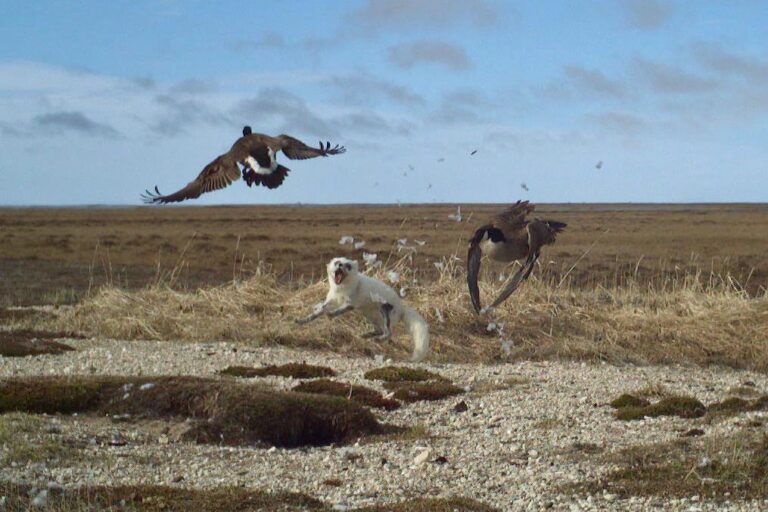
October research news from the Ecological Society of America
Unexpected links between Arctic land and sea, what happened after a major sea star die-off and more from ESA’s journals.
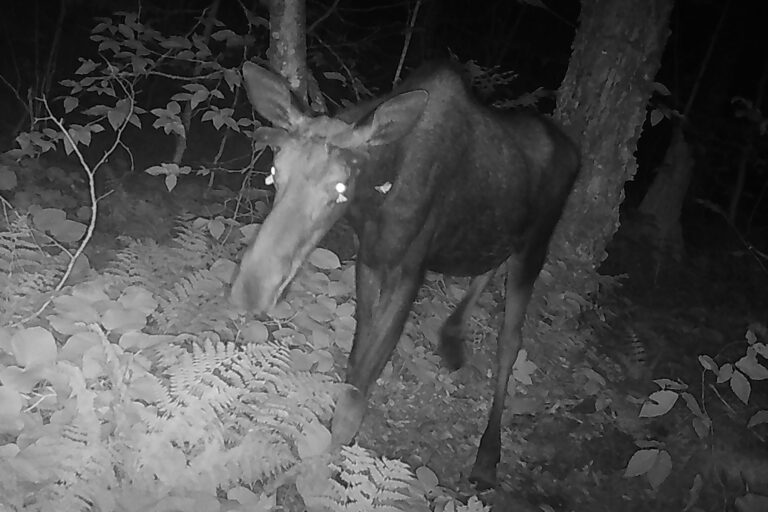
A first-time observation of moths drinking a moose’s tears, the expansion of peat patches across Alaska’s North Slope and more from ESA’s journals.
Read More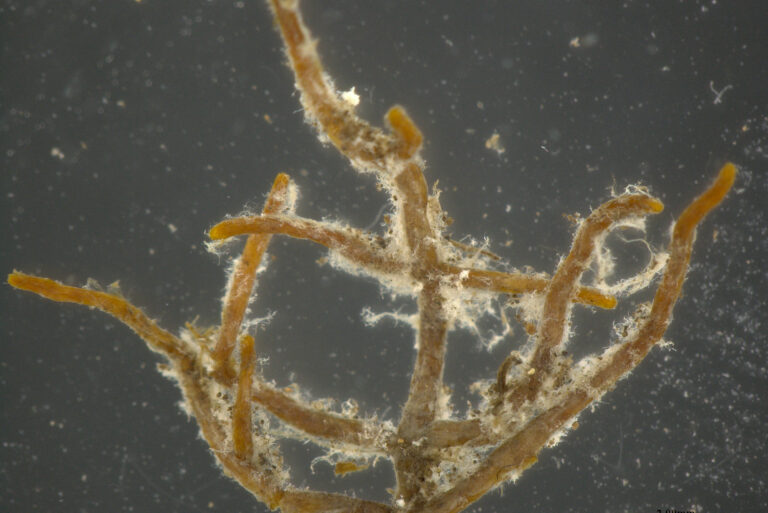
Urban pollinator navigation, the relationship between aging tree roots and soil fungi and more from ESA’s journals.
Read More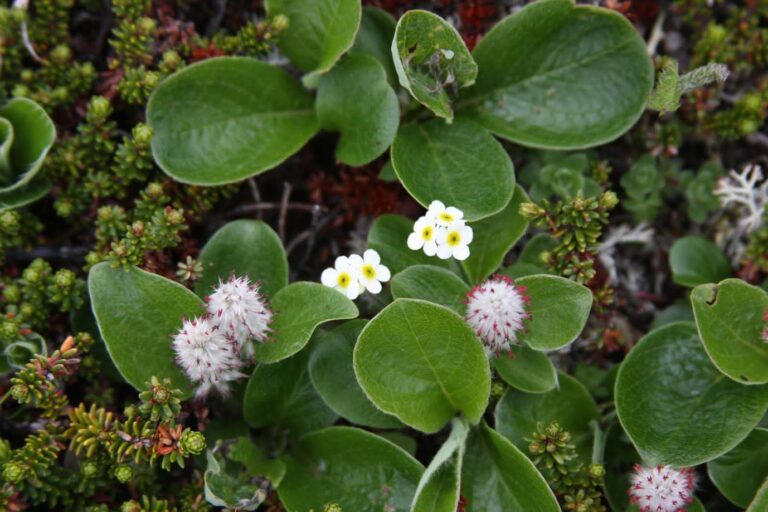
Tiger conservation, plant-fungal networks in the Arctic and more from ESA’s journals.
Read More
Unexpected links between Arctic land and sea, what happened after a major sea star die-off and more from ESA’s journals.
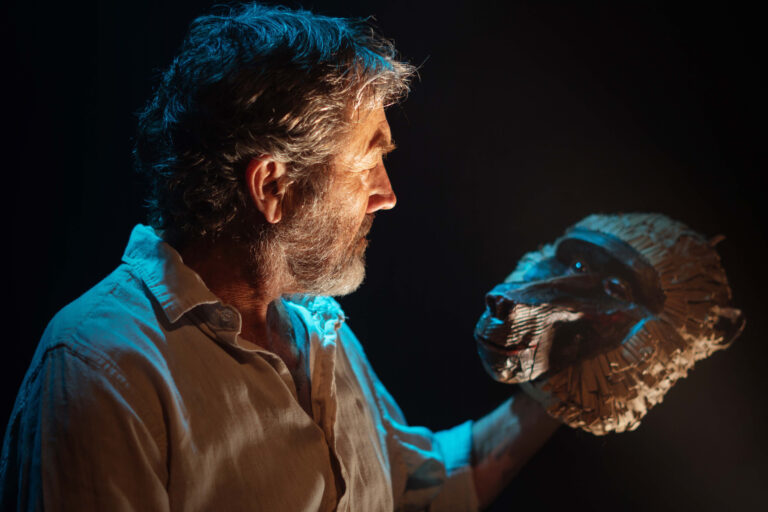
The role of the arts in narrating environmental stories, nighttime cooling in urban parks and more from ESA’s journals.
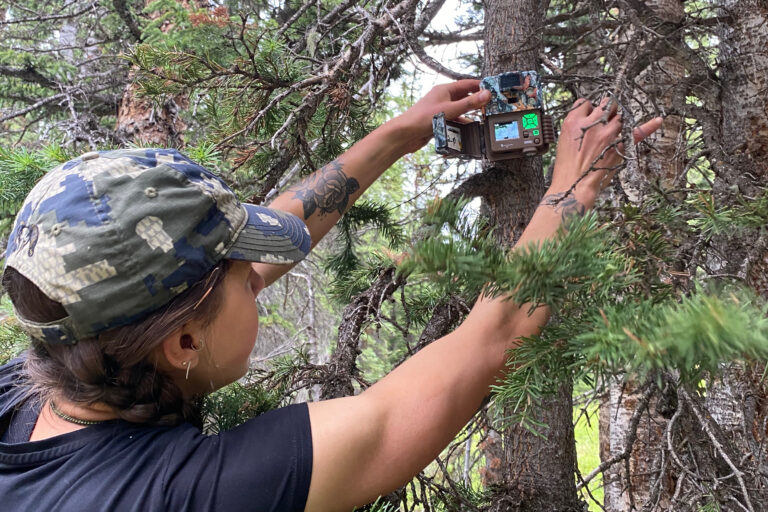
How wild ungulates react to hiking trails, the key to invasive plants’ success and more from ESA’s journals.

Both local and migratory birds are spending less time in the region due to climate change and urbanization, according to a new study.
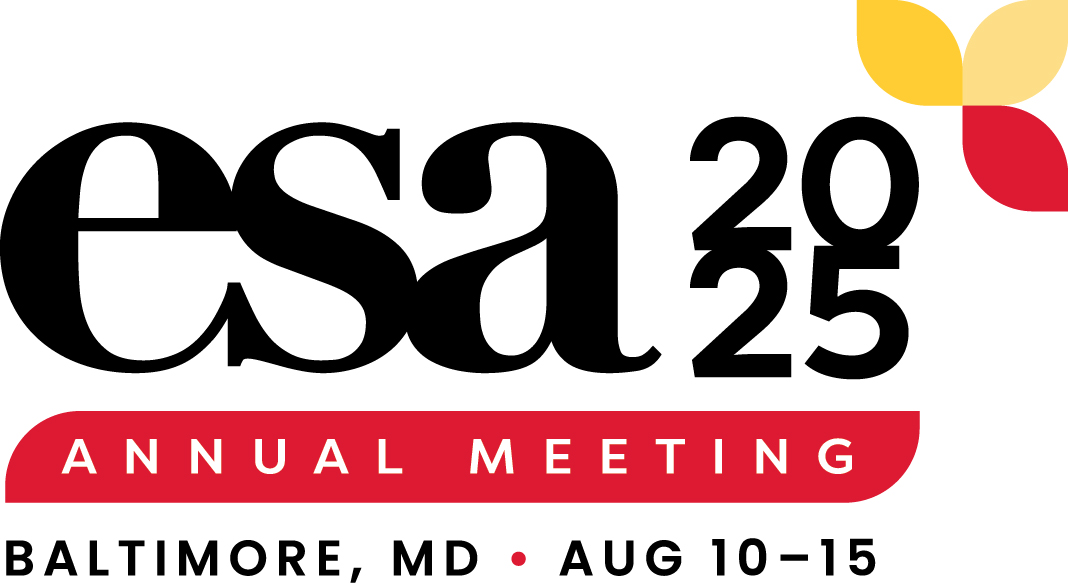
At the ESA Annual Meeting in Baltimore, Md., urban ecology will be front and center — fitting for a city that has long been a hub for research on nature in urban environments.

With this year’s Annual Meeting taking place in Baltimore, Maryland, research on the Chesapeake Bay and its watershed takes on special relevance.

ESA’s upcoming Annual Meeting in Baltimore, Md., Aug. 10–15, features a diverse array of talks and posters showcasing the latest applications of AI in ecology.

Symposia will be a focal point of ESA’s upcoming Annual Meeting in Baltimore, Maryland, Aug. 10-15, addressing the frontiers of ecological research, wetland restoration in the Chesapeake Bay Watershed, deep soil carbon storage and much more.
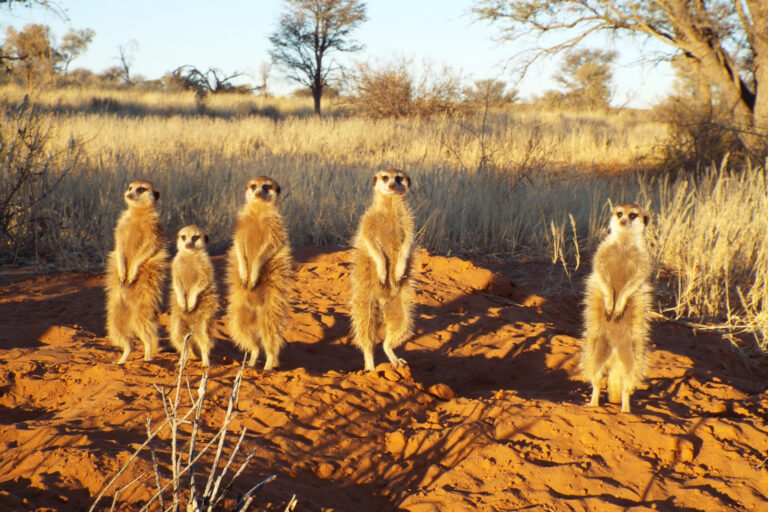
How meerkats cope with heat and drought, the process turning dryland ecosystems from methane sinks into methane sources and more from ESA’s journals.
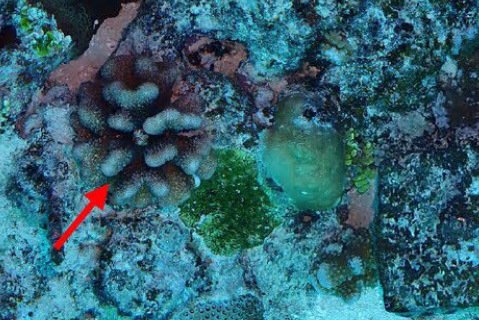
Using historical nursery catalogs to predict plant invasion, incorporating animal communities into assessments of ecosystem health and more from ESA’s journals.
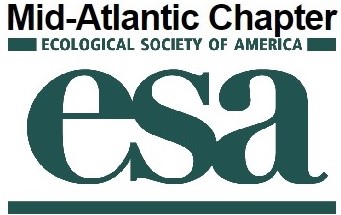
First place was awarded in a tie to two Stockbridge students presenting their respective research projects in the graduate student poster competition at the Mid-Atlantic Ecological Society of America annual meeting.
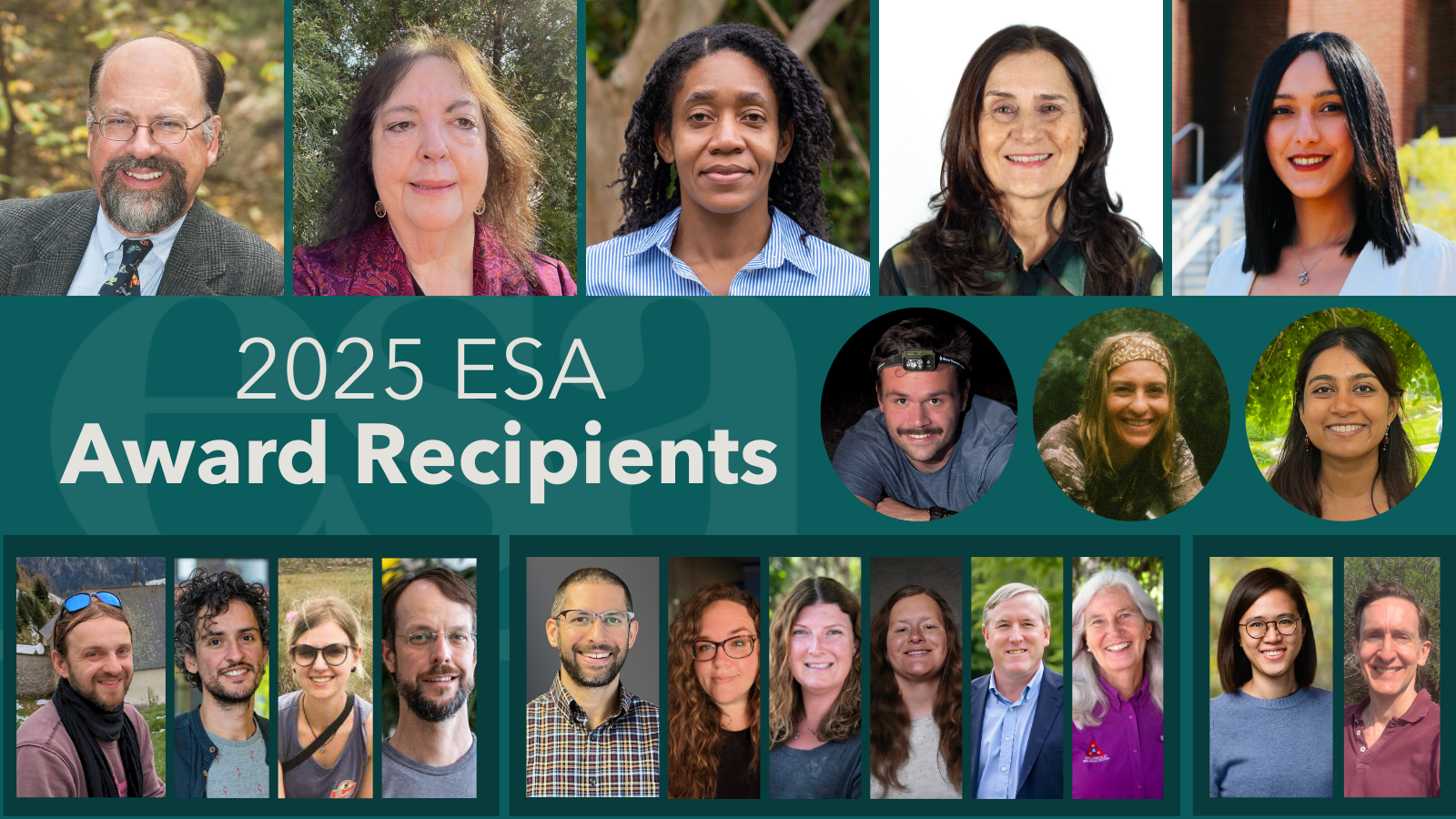
The Ecological Society of America is pleased to announce the winners of its 2025 awards, which recognize outstanding contributions to ecology in new discoveries, teaching, sustainability, diversity and lifelong commitment to the profession.

A pandemic of lianas is sweeping through tropical forests, reducing their ability to store carbon and limiting their role in mitigating climate change. Two recent studies highlight the issue.
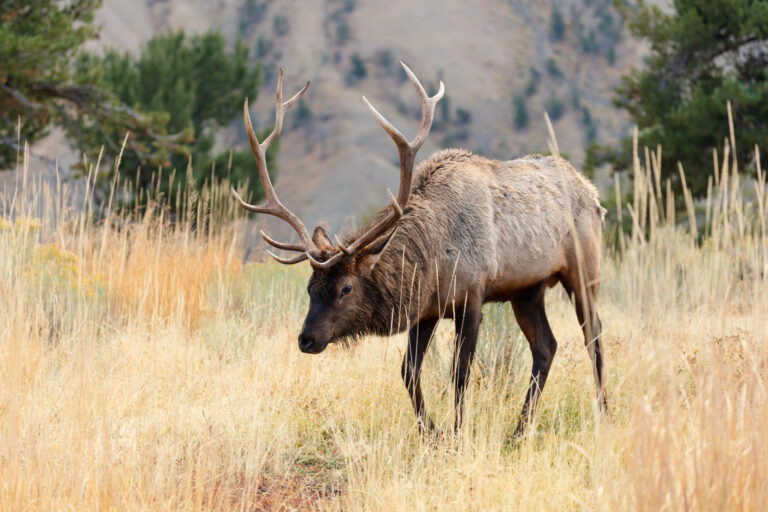
Linking elk pregnancy to elk “foodscapes”, climate impacts on bee gut microbiomes and more from ESA’s journals.

The Ecological Society of America is convening August 10-15 for its 2025 Annual Meeting in Baltimore, Maryland.

The Ecological Society of America recently spotlighted bumble bee research from the laboratory of pollinator ecologist Neal Williams, a professor in the UC Davis Department of Entomology and Nematology.
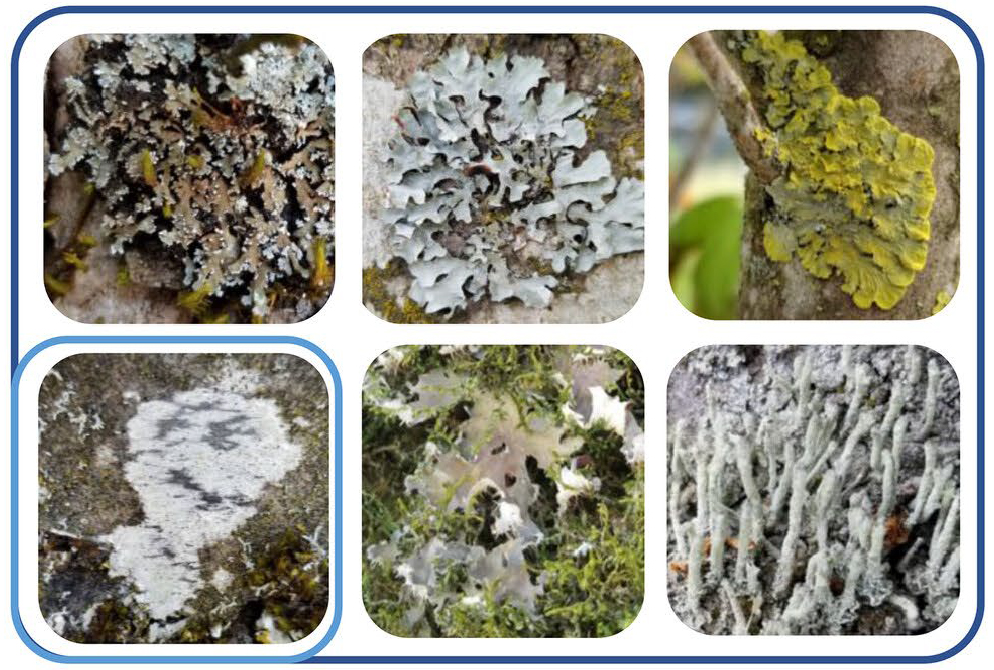
Overlooked city lichens, what traditional ecological knowledge can teach us about modern forestry practices and more from ESA’s journals.